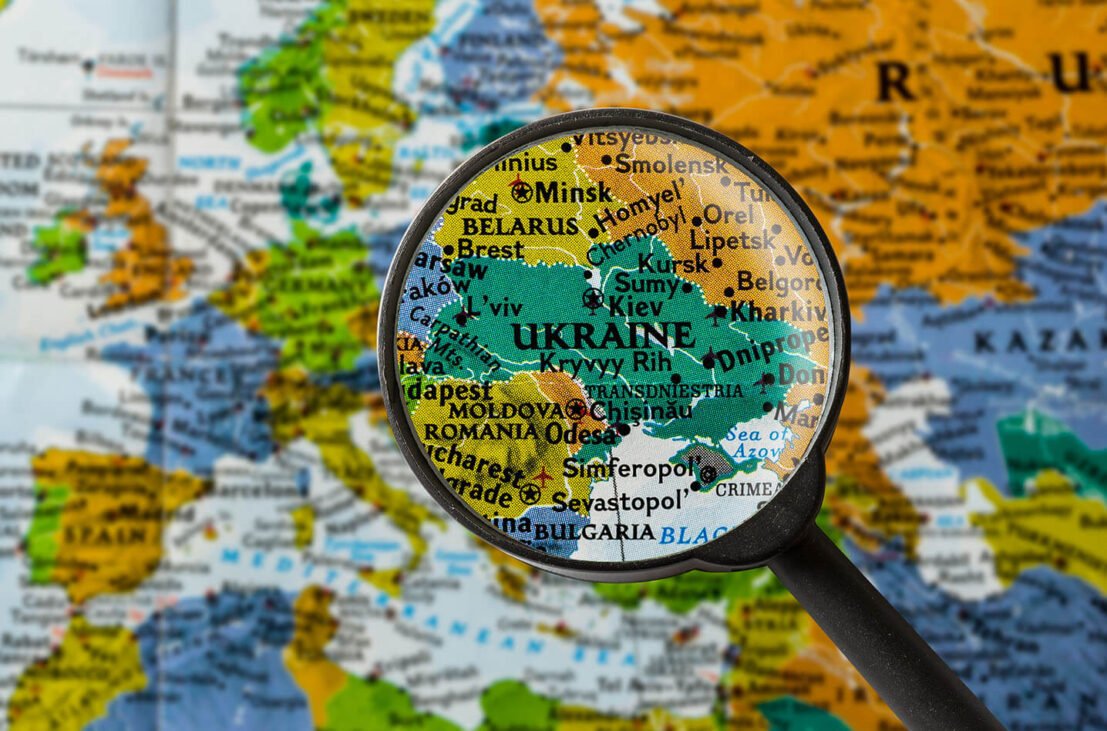
March 14, 2022
New international sanctions stemming from the ongoing conflict between Russia and Ukraine make it more important than ever for business aircraft buyers, sellers and air carriers to be thorough in conducting their due diligence on the parties involved, particularly given the focus by the U.S. and other governments on seizing aircraft and other assets of sanctioned Russian parties.
In aircraft transactions, if there is any question about the beneficial ownership of an aircraft, buyers should be conducting enhanced diligence regarding the accurate ownership history to ensure there are no connections to sanctioned entities. This task will require additional time and effort, and the cooperation of the seller, particularly given the ownership structures often used to own aircraft.
It is equally important for sellers to know who they are selling to, as the export of civil aircraft and aircraft parts to Russia or certain sanctioned Russian persons is now prohibited.
“Aircraft buyers and sellers need to focus on obtaining ultimate beneficial owner information that may not be apparent from cursory searches of public databases,” said Scott O’Brien, NBAA senior director for public policy and advocacy. “You may need to conduct additional research and engage with your aircraft transaction team.”
Jonathan Epstein, a partner with Holland & Knight who focuses on international trade and aviation law, advised buyers “to include a condition precedent by which the seller agrees to provide information about the beneficial owner early in the transaction process.
“Just having a sanctions clause [in the purchase contract] where the other party says, ‘I’m not a sanctioned party’ is not a get out of jail free card and does not replace due diligence,” he said. “There’s no way that due diligence is going to be 100% foolproof, but you should be able to demonstrate that you conducted reasonable diligence, based on the facts and circumstances, should questions regarding past-ownership arise – and you should have contemporaneous written records of the diligence performed.”
Such diligence helps protect a bona fide buyer’s rights to an aircraft and mitigate against potential fines, should the government seize the aircraft and/or seek to impose fines based on allegations that an aircraft had been owned by a sanctioned person.
Searching online flight tracking sites may also shed light on the aircraft’s history. “Such data may or may not be relevant, but seeing that the plane has been flying back and forth to Moscow often would certainly be a sign that the beneficial owners may be Russian and cause for further diligence,” Epstein said.
Sanctions and restrictions also impact business aviation charter operations, including potentially the transport of Russian citizens domestically in the U.S.
On March 10, the FAA issued its updated NOTAM clarifying that such prohibitions only apply to leasing or chartering aircraft to Russian citizens or entities identified on the consolidated screening list of individuals and entities targeted for sanctions or subject to export control restrictions.
“While this NOTAM more clearly defines those entities subject to international sanctions, NBAA recommends operators continue their due diligence in verifying who they’re doing business with,” O’Brien said. “It’s important they have clarity on who’s paying them in ways they may not have needed to pursue before.”
Read more about the revised NOTAM.
Epstein stressed while the Ukraine conflict has created additional challenges for business aviation operations, the most important piece of advice is simple. “Know your customer,” he said.


 International Business Aviation Council Ltd.
International Business Aviation Council Ltd.